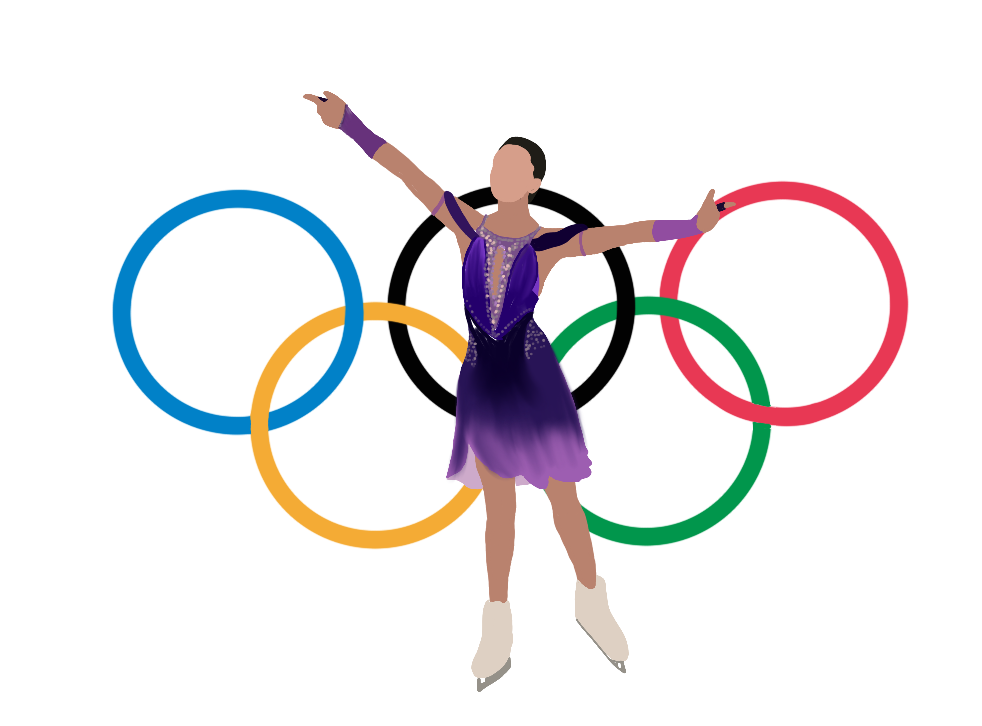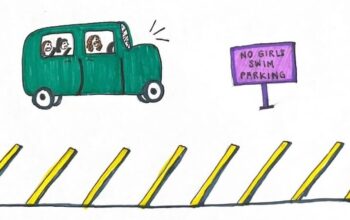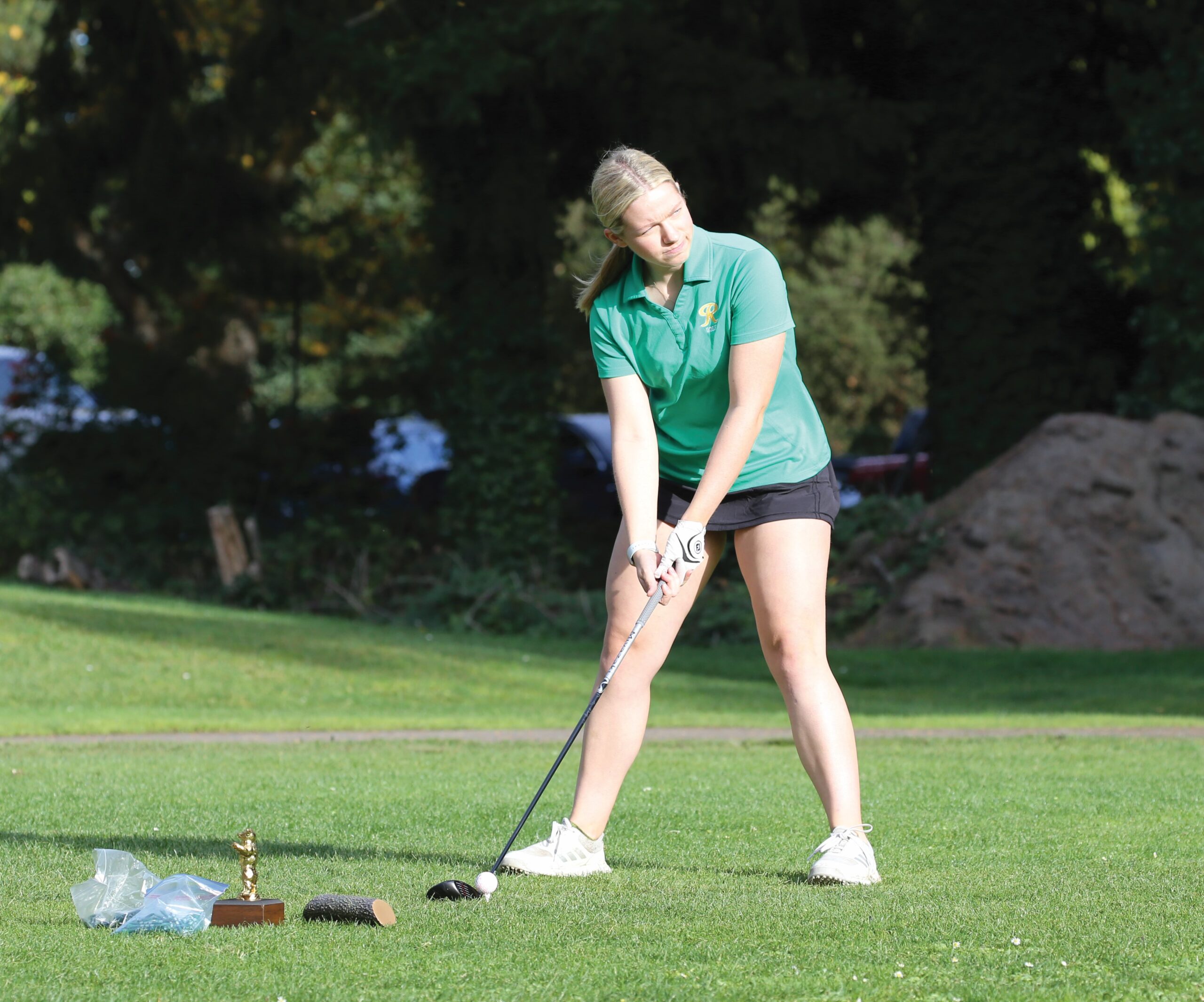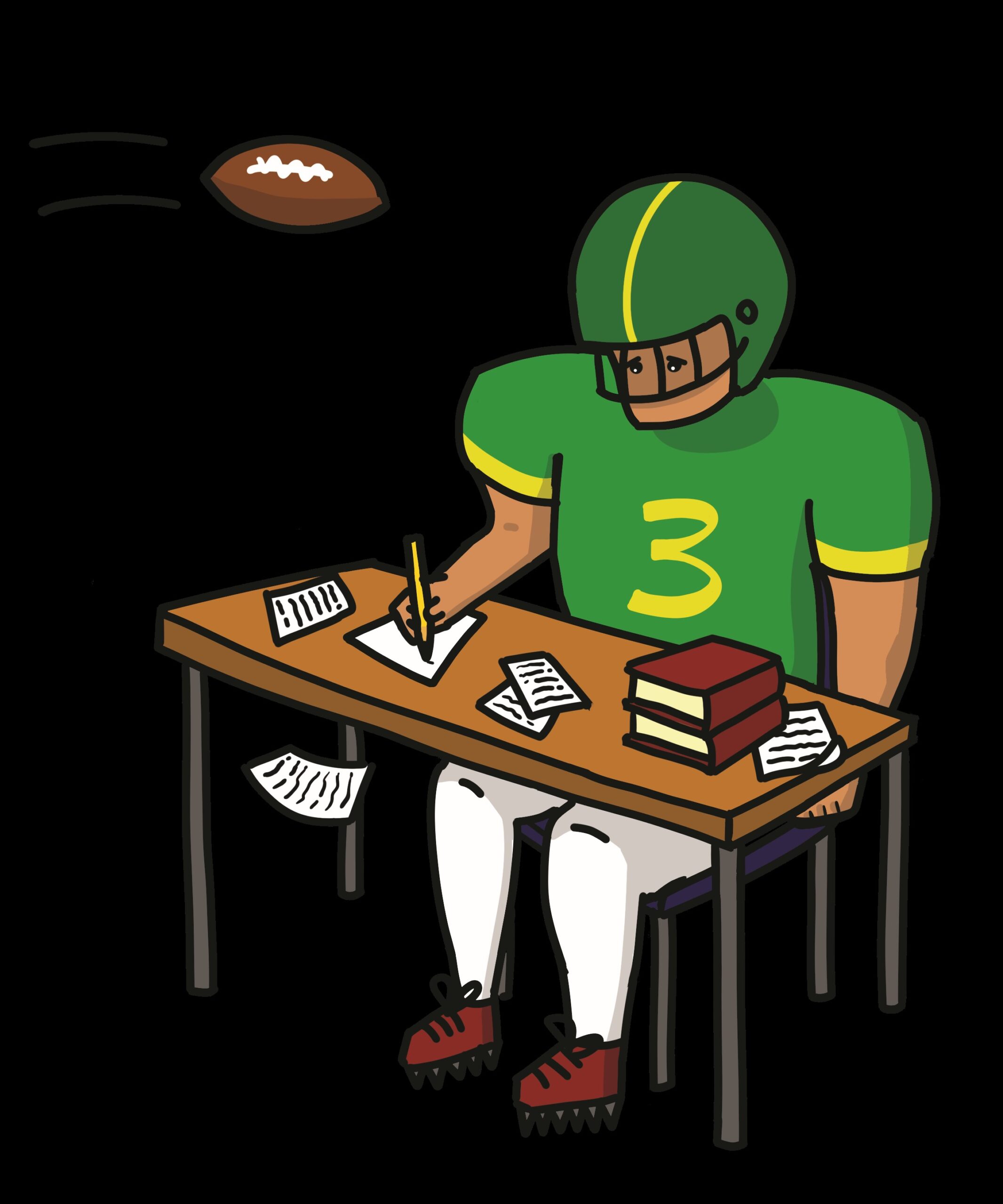Everyone has a gold medal, everyone, but not me! I hate skating. I hate it. I hate this sport. I will never skate again. Never.
— Alexandra Trusova

Leaving the ice, Alexandra Trusova, an elite Russian figure skater, had completed the performance of a lifetime: five quads and a four rotation spin, a feat never seen before in women’s figure skating at a Winter Olympics. But instead of a triumphant finish came a violent outburst. After winning silver in her routine, Trusova was crushed.
The first-ever successful quad in Olympic competition had been landed once before, by Trusova’s competitor Kamila Valieva, during the previous week.
Not alone in her fall from grace, Trusova’s Russian teammates and competitors ranged from indignant to somber as they skated off the rink.
According to an interview with Yahoo Sports, the competition’s winner, Anna Shcherbakova says she felt an “emptiness inside” right after winning the gold medal.
Valieva publicly broke down while her coach said,“Why did you stop fighting? Explain it to me, why? You let it go after that axel.” Valieva left the arena with no response.
Though the 2022 Winter Olympic Games are over, questions about the future of Olympic figure skating remain.
Behind the Russian skating program is coach Eteri Tutberidze, who mentors Shcherbakova and Valieva, in addition to being Trusova’s former coach. With her career marked by a series of student controversies, Tutberidze is notorious for her back-breaking coaching program. Another former student of Tutberidze, Evgenia Medvedeva, won silver at the 2018 PyeongChang Winter Olympics.
Medvedeva publicly left skating after injuries sustained during her training on top of restrictive eating habits she says Tutberidze forced upon her and other teammates.
But at the forefront of Russian skating controversy is doping: performance enhancing drugs that have shattered the image of the world’s most elite skating program.
In Dec. 2021, Valieva tested positive for a heart medication called tretazine. The drug increases blood flow to the heart and is used for chest pain. However, the International Olympic Committee (IOC) instead made an unusual move and allowed her to compete, despite stating that she wouldn’t be allowed to participate in a medal ceremony.
The committee says not letting her compete would have caused “irreparable harm” to her wellbeing, given the effort she’s put into the competition. Additionally, her age gave her rights as a “protected person.” This move however, was faced with immediate backlash.
Preceding the Tokyo Summer 2020 Olympics, Sha’Carri Richardson, an Olympic track and field sprinter rose to fame. She became the fourth fastest American woman in history.
However, when she tested positive for marijuana the IOC suspended her from competition in the 2020 Olympics. According to the World Doping Agency, substances that “enhance performance pose a health risk or violate ‘the spirit of sport’ violate Olympic code and disqualify athletes. It’s a loose classification at best.”
In a tweet, Richardson pointed out the double standard: “Can we get a solid answer on the difference of her situation and mines?” Richardson asked on Twitter,. “The only difference I see is I’m a black young lady.”
Richardson’s observation point to only one in a myriad of problems surrounding the Olympics and its lauded figure skating events.
“You want these athletes to have an opportunity to have this be a profession, not a one-year run at it,” says Mariah Bell, who at 25 is the oldest U.S. national champion in almost a century. “If we had an age (minimum) limit, I think it would promote that idea of longevity and somebody being 25 wouldn’t be shocking at an Olympics.”
The idea is not far-fetched: skating officials are already pushing to raise the minimum age for the same event that left Valieva in tears, from 15 to 17, in time for the 2026 Milan-Cortina Olympics.
All told, we need change, and as soon as possible. The pressure put on athletes isn’t just unhealthy, it’s unfair.
Among such contentious commentary, it’s easy to forget the real lives involved. I’m just trying to make it through my weekly AP U.S. History textbook chapters. A worldwide spotlight on every slippery, highly anticipated move I make? Forget it — I’m worried enough about being cold-called in Spanish class.
Sure, these elite athletes live different lives than us, but we can’t ignore the obvious: these athletes are kids no older than I am being pushed beyond their limits.
Under the world’s scrutiny we’re showing them off in sparkly competitions and touting them as the world’s brightest stars. Behind them? A broken system of coaches and committees.
Pressure must shift from athletes to the IOC and other enablers like Tutberidze — those who bring them to these incredible heights yet fail them when they face their crushing lows. It’s time we look back at the Olympic system, before things go sliding further off the ice.



